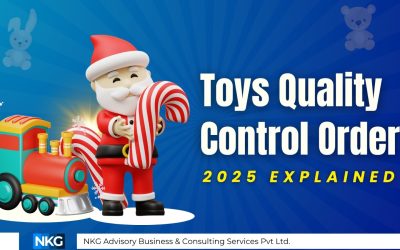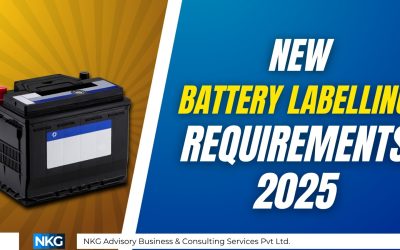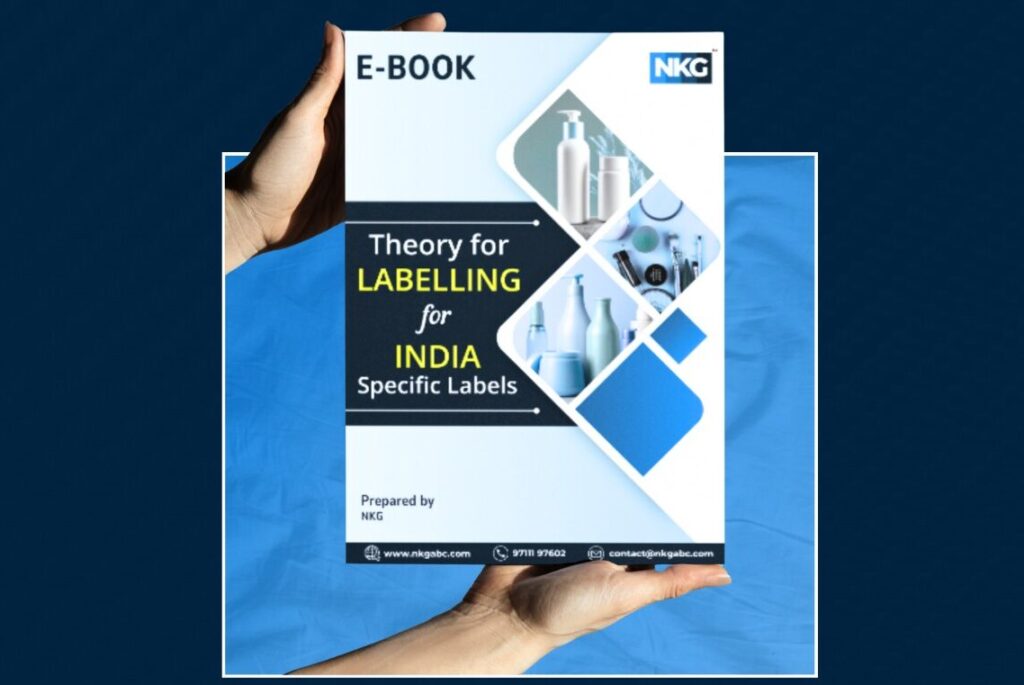Introduction
If you manufacture or import electric noodle makers, time is running out! With the March 17, 2025 deadline fast approaching, it is crucial to obtain your BIS certification without delay. This certification, mandated under the Quality Control Order (QCO) issued by the Bureau of Indian Standards (BIS), is essential for legally selling electric noodle makers in India.
Missing the deadline could lead to severe consequences, including market restrictions, legal penalties, and the inability to sell uncertified products. With only a few weeks left, manufacturers and importers must act immediately to meet the compliance standards.
Why BIS Certification is Crucial for Electric Noodle Makers
1. Ensuring Consumer Safety
Electric noodle makers involve heating and mechanical processes, posing potential safety risks. BIS certification guarantees that your noodle makers meet stringent safety standards, protecting consumers from electrical hazards, overheating, or malfunctioning parts.
2. Legal Compliance
Under the Quality Control Order, all-electric noodle makers must have BIS certification to be sold legally in India. Non-compliance after March 17, 2025, will result in market restrictions and legal actions, making certification non-negotiable for continued business operations.
3. Enhancing Consumer Trust
Products with the BIS mark signal reliability and safety. Certification assures customers that your noodle makers adhere to high-quality standards, boosting your brand’s credibility and fostering consumer confidence.
4. Securing Market Access
Without BIS certification, you will lose access to the Indian market for electric noodle makers. Certified products not only meet Indian regulatory standards but are also recognized in international markets, making it easier to expand globally.
5. Maintaining Consistent Quality
The BIS certification process involves regular inspections and audits, ensuring that all noodle makers maintain consistent product quality. This reduces the risk of defects, enhancing customer satisfaction and minimizing product recalls.
Applicable Indian Standards for Electric Noodle Makers
| Product Name | Electric Noodle Makers |
| Applicable Indian Standard | IS 302 (Part 1): 2008 |
| Applicable Certification Scheme | Product Certification Scheme (ISI Mark Scheme) Scheme 1 – Schedule 2 |
| Compliance Requirement | Mandatory |
| QCO Link | Quality Control Order |
| Scope as per Standard | This standard covers the requirements for Electric Noodle Makers |
Note – Provided that nothing in this Order shall apply to goods or articles manufactured domestically for export:
BIS Certification Deadlines – Act Now!
While obtaining BIS certification is crucial, manufacturers must ensure their ISI mark is properly displayed on their products. The ISI mark signifies that a product has passed quality checks and complies with Indian safety standards. Understanding these key points can surely help manufacturers stay compliant.
- Medium and Large Enterprises: Compliance mandatory by March 17, 2025.
- Small Enterprises: Compliance is required by June 17, 2025.
- Micro Enterprises: Compliance is required by September 17, 2025.
With only a few weeks until the March deadline, manufacturers and importers of electric noodle makers must initiate the BIS certification process immediately.
Your Step-by-Step Guide for BIS Registration Process (Foreign Manufacturer Under FMCS)- Download Now
Download our simplified step-by-step guide to understand how to get BIS Certification (Under FMCS) for Electric Noodle Makers and what documents are required. Streamline your licensing journey and ensure compliance with ease.
Your Step-by-Step Guide for BIS Registration Process (Indian Manufacturer)- Download Now
Download our simplified step-by-step guide to understand how to get BIS Certification for Electric Noodle Makers (for Indian Manufacturers) and what documents are required. Streamline your licensing journey and ensure compliance with ease.
The Rising Demand for Certified Kitchen Appliances
As more kitchen appliances become subject to BIS regulations, the demand for certified products is growing. Along with noodle makers, appliances like electric kettles, blenders, and juicers are now required to meet BIS standards.
Key compliance areas include the key benefits of certifying multiple appliances:
- Brand consistency: Displaying BIS certification across your product line boosts overall trust.
- Simplified compliance: Streamlining the certification process for multiple appliances saves time and effort.
- Enhanced market competitiveness: Certified products meet both Indian and global standards, improving your brand’s credibility and market access.
Manufacturers producing multiple kitchen appliances can benefit from streamlined certification processes, ensuring all their products meet the required standards.
Conclusion
With the March 2025 deadline around the corner, there is no time to pass. Manufacturers and importers of electric noodle makers must act swiftly to secure their BIS certification and avoid legal repercussions.
Ensuring compliance with the standard guarantees that your products meet essential safety and performance benchmarks. Beyond legal compliance, it also enhances your brand reputation, builds consumer trust, and opens doors to new market opportunities.
If you haven’t started the BIS certification process yet, do it now to avoid missing the deadline and safeguard your business from unnecessary risks and restrictions.
Looking for more insights on compliance, certifications, and industry updates? Explore our blog page for expert guidance and actionable information. Visit Now







